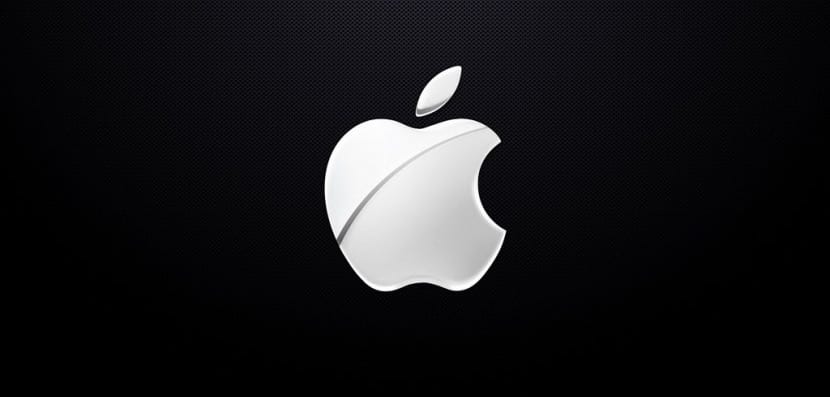
Cloud services are getting more and more established. Initially they were designed to synchronize small files between different devices. Subsequently, the content to be synchronized includes all types of files, as well as the entire library of photographs. The most recent step that these types of services have taken has been to make the entire backup of our equipment. Examples we have with the application Arch, or more recently with the service of Google Backup and Sync. But these services are neither better nor worse than traditional ones. Let's see pros and cons of both services.
Starting from the beginning, macOS counts time Machine. For this long-standing Apple service to function like current cloud services, it is necessary to have continuous synchronization activated. For many, this feature means consuming unnecessary resources. However, it is the perfect choice if we want to have a copy of all the progress of our work. In contrast, cloud services do not save a file's modification history, a function that Time Machine performs. That is, services like Dropbox or Backblaze they replace the old file in each update.

Each user can choose the service that best suits their way of working. Many users who choose to work with Time Machine to track their progress choose to adjust the interval for backups. For this, they have the application Time Machine publisher that allows us to configure, among other functions, the frequency to make copies of Time Machine. Generally, an interval of 15 to 30 min. it is enough to save each one of the advances with our works, without consuming too many system resources, or capacity of the hard disk where the copy is made.
In addition, Time Machine editor, has a version for macOS High Sierra, which allows us to not have service interruptions with the update that we will see in the coming months.